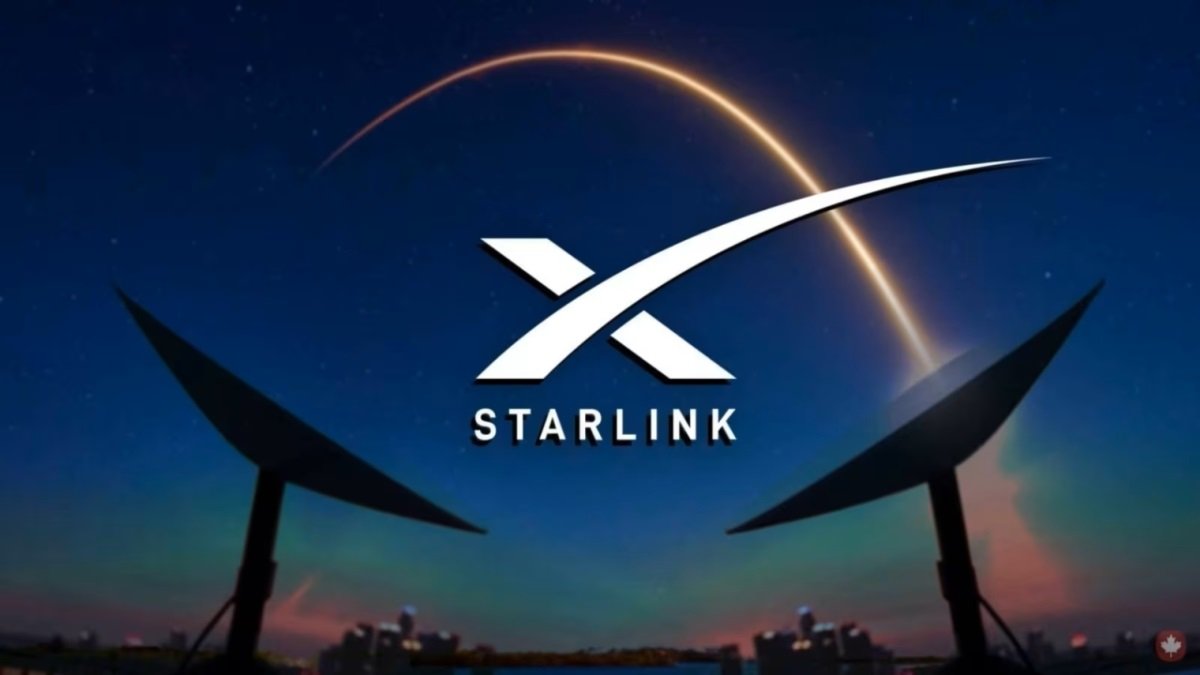BTRC Chairman Md. Emdadul Bari stated, "We sent the letter to the ministry last week for pre-approval. Once approved, the license will be issued upon payment of the required fees."
According to official documents, Starlink Services Bangladesh Limited applied for the license on April 7 under BTRC's "Guidelines for Non-Geostationary Orbit (NGSO) Satellite Services Operators."
The company's registration records show that its local office is located in a building at Karwan Bazar, Dhaka.
Following the application, BTRC formed a seven-member committee to scrutinize the submitted documents and recommend granting the license. Subsequently, a two-member BTRC team visited Starlink’s local office and also endorsed the recommendation.
A BTRC official mentioned that this has been the fastest recommendation process so far for such a type of license.
In March, Chief Adviser Muhammad Yunus instructed the relevant authorities to ensure the commercial launch of Starlink services within 90 days.
It is worth noting that Starlink has been trying to enter the Bangladeshi market since 2021. In April 2023, BTRC approved the formation of a committee to draft guidelines for satellite-based internet services. The draft was prepared by October 2024, and the final guidelines were issued at the end of March this year.
The U.S.-based company has also received approval from the Bangladesh Investment Development Authority (BIDA) to start operations in the country. Currently, Starlink operates over 6,000 satellites and serves more than three million users worldwide. The service is particularly effective in delivering high-speed broadband to remote and underserved areas.
Globally, Starlink faces competition from companies like Amazon’s Project Kuiper, OneWeb, and Telesat, which are also building low-earth orbit (LEO) satellite constellations.
Starlink’s pricing varies by region. In the United States, a standard residential connection costs approximately $120 per month. In some parts of Africa, the service is subsidized to around $30–$40 per month. However, the upfront cost for equipment including a satellite dish and router ranges between $200 and $500, posing a significant barrier for many users.
Industry analysts believe that Starlink’s success in Bangladesh will largely depend on government policies, pricing strategies, and local market conditions.








